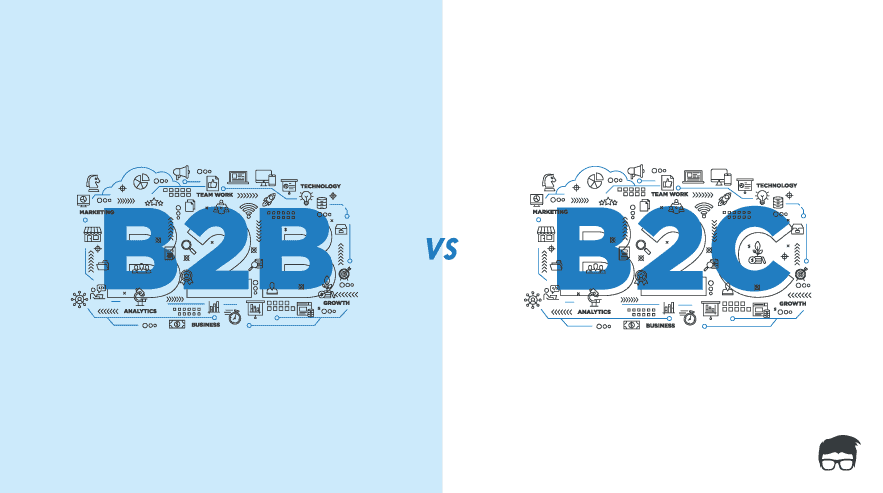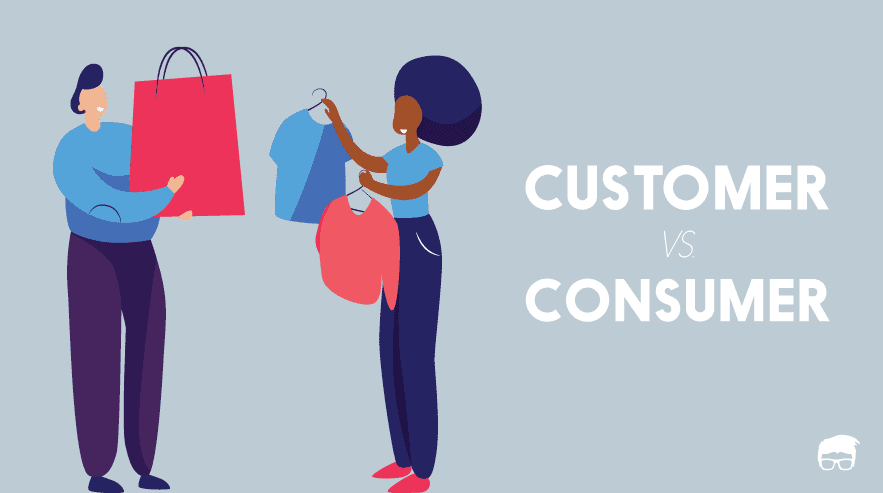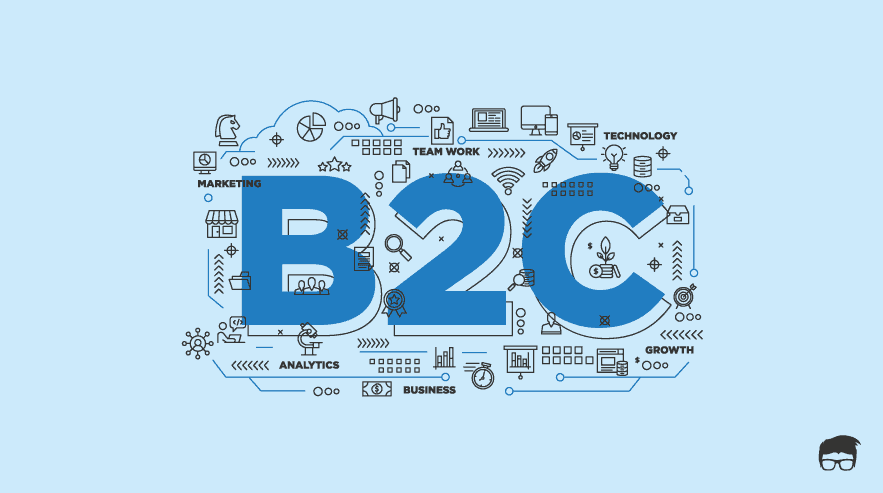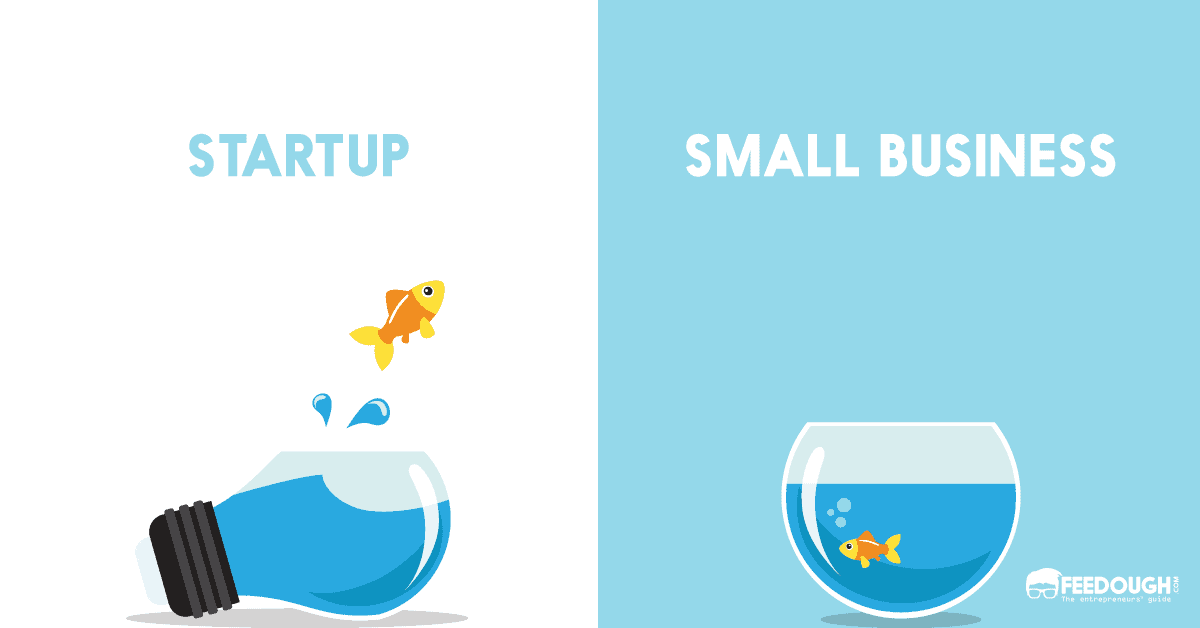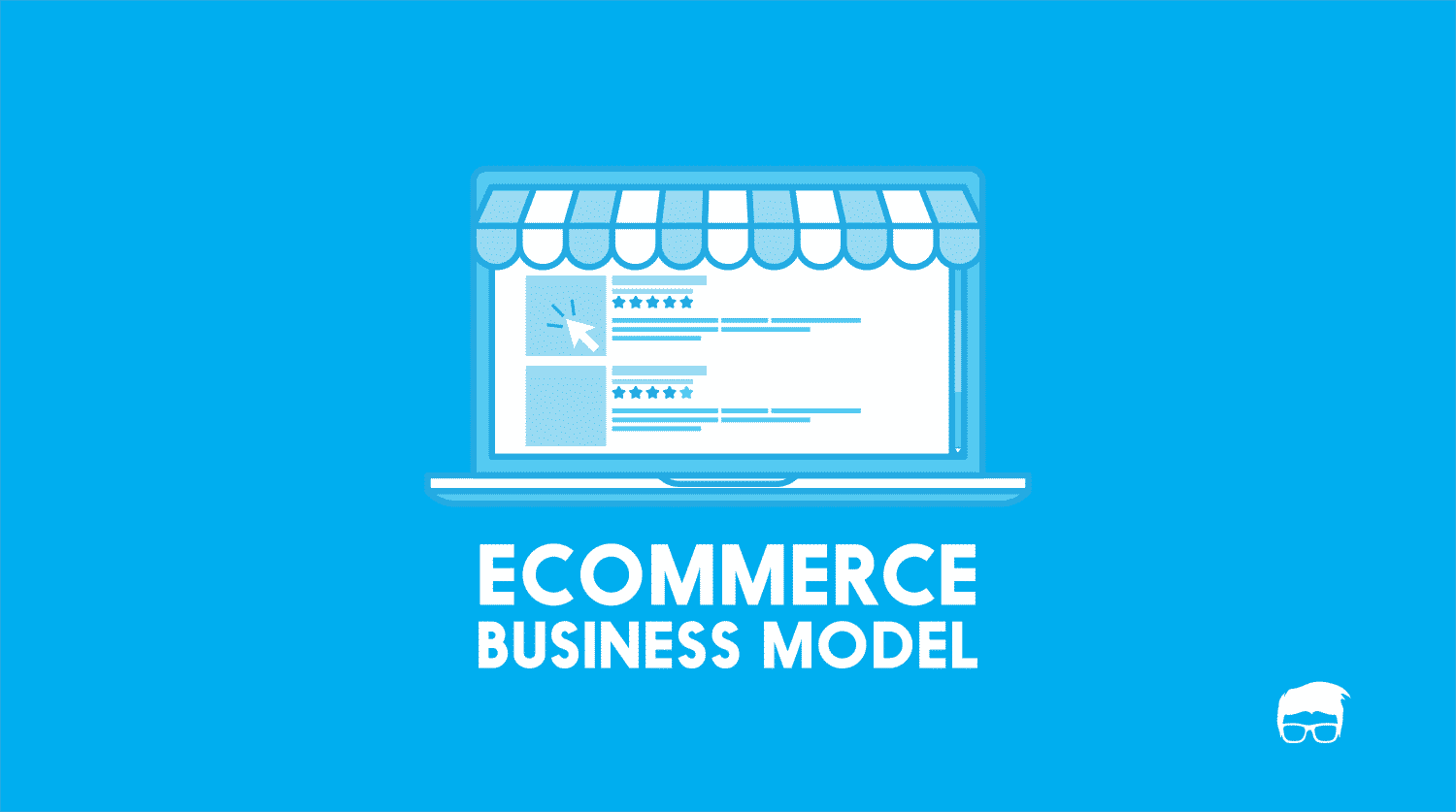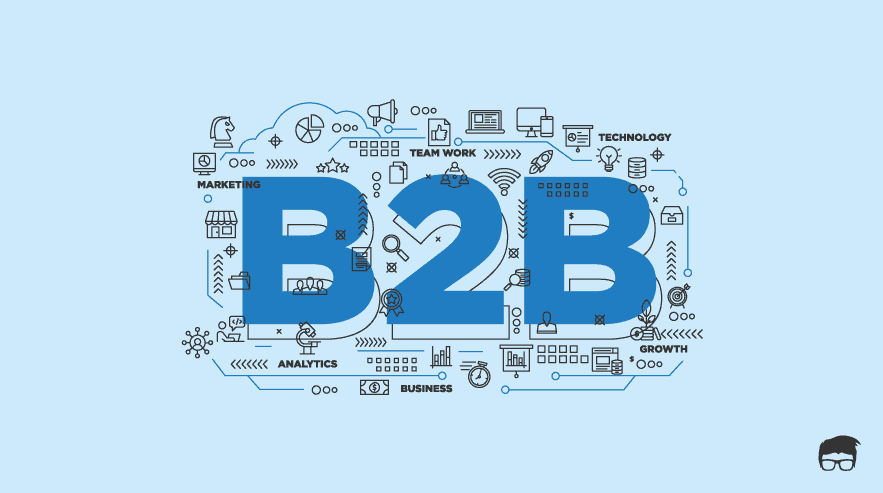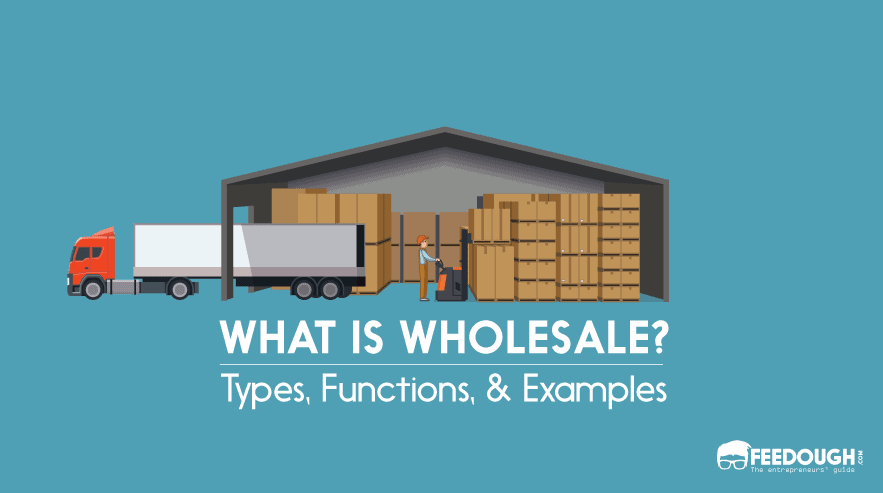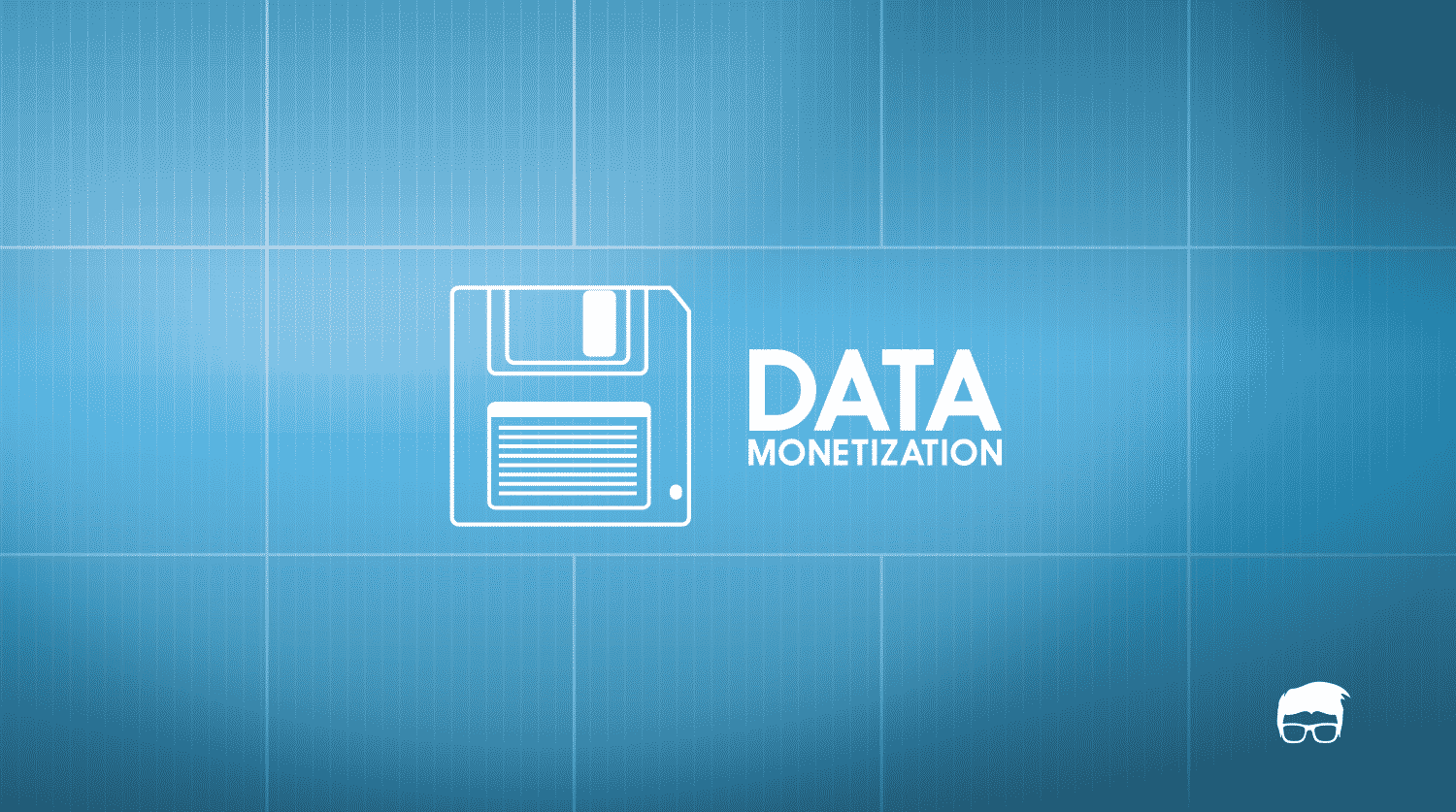While there are many business models, Business to Business (B2B) and Business to Consumer (B2C) models are two, which when put together, help complete most business processes.
But, both B2B and B2C differ a lot from one another.
Let’s find out.
What is B2B?
B2B or Business to Business refers to businesses catering to other businesses. Example – Alibaba
What is B2C?
B2C or Business to Consumer refers to businesses catering to consumers (end-users) and individuals. Example – Amazon
Difference between B2B and B2C
B2B | B2C | |
|---|---|---|
Customer |
|
|
Quantity |
|
|
Primary Focus |
|
|
Relationship |
|
|
Buying Decision |
|
|
Examples |
|
|
For a B2B company, its primary customers are business entities – take the example of a business that provides office supplies and security hardware to other businesses. This business is said to be a B2B company. On the other hand, a B2C company has consumers as its target customers. Take a fast-food chain for example – it caters fast-food to consumers and individuals, making it a B2C company.
Note: In case the fast-food chain caters solely to other businesses, that makes it a B2B company.
Also, B2B businesses mainly focus on creating and maintaining their relationship with their clients – they do so by being reliable, consistent and prompt. B2B companies tend to give lesser emphasis to product production and development compared to B2C companies. This is because the B2B market values a reliable and consistent partner more than one who churns out newer products at short periods of time.
On the other hand, B2C’s primary focus is on creating or predicting and supplying a product that is sure to sell well and provide good margins. B2C companies also tend to focus more on advertisements to promote their products – it is easier to use social media to promote B2C products.
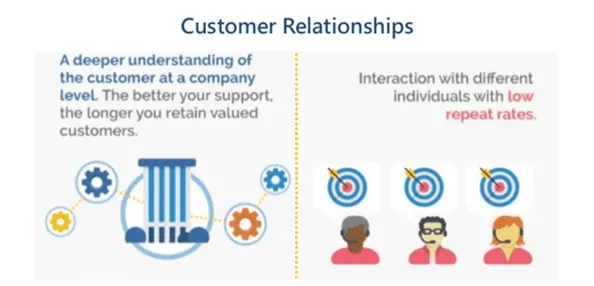
The reason why B2B businesses tend to focus on building rapport and focus on being consistent than innovative with their clients is that the service duration between businesses is very lengthy and the quantity of goods is very large compared to B2C. In B2C, the interaction between the business and the consumer is more dynamic and depends on the nature of the product. Even then, the interaction periods and the number of goods tend to be quite small on average.
Another reason lies in the fact that businesses take longer to initiate, plan, decide and execute the sales.
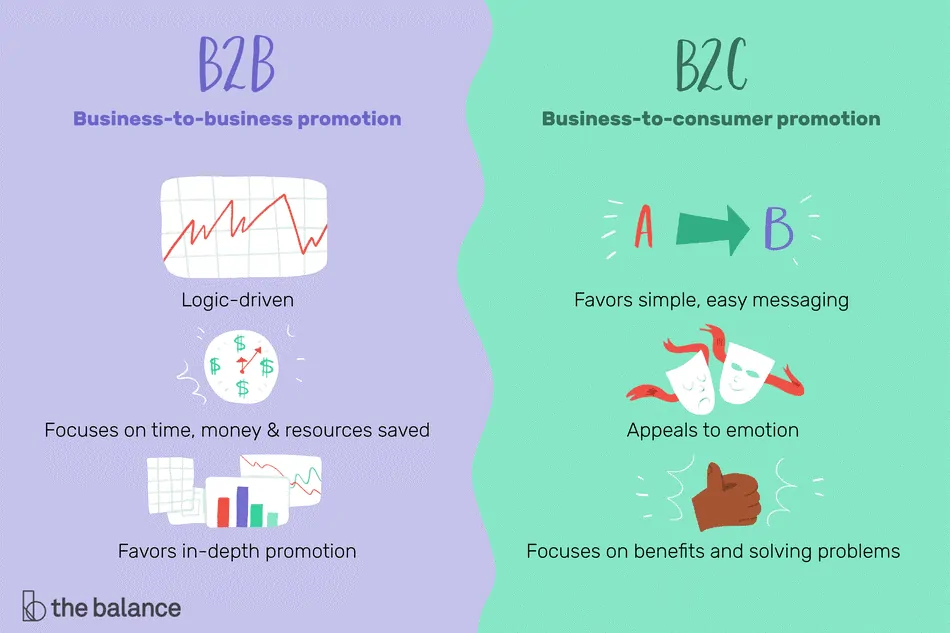
Most of the time, the deals are initiated in order to fulfil the newer requirements and demands that have arisen within the company. That is not the case in B2C. In B2C, decision making is influenced mostly by emotions and an impulsive mindset rather than logical reasoning most of the time.
Conclusion
Now that you know that both – B2B and B2C – differ from one another in many aspects, it can be said that B2C is a safer bet for someone starting afresh; the copious amounts of transactions and overheads present in running a B2B company requires quite a lot out of the newcomer.
That said, running a B2C company too is no small feat but there are a larger customer pool and more room for growth in the B2C market than most B2B ones. In the end, successful businesses are built on the value they provide and the business model just helps complement it – not substitute it.
Go On, Tell Us What You Think!
Did we miss something? Come on! Tell us what you think about our article on B2B vs. B2C in the comments section.

Started out to become a developer but felt at home in the home of startups. The journey started from a single novel. Been an entrepreneur since schooling days. Interested in coding, reading and movies.
